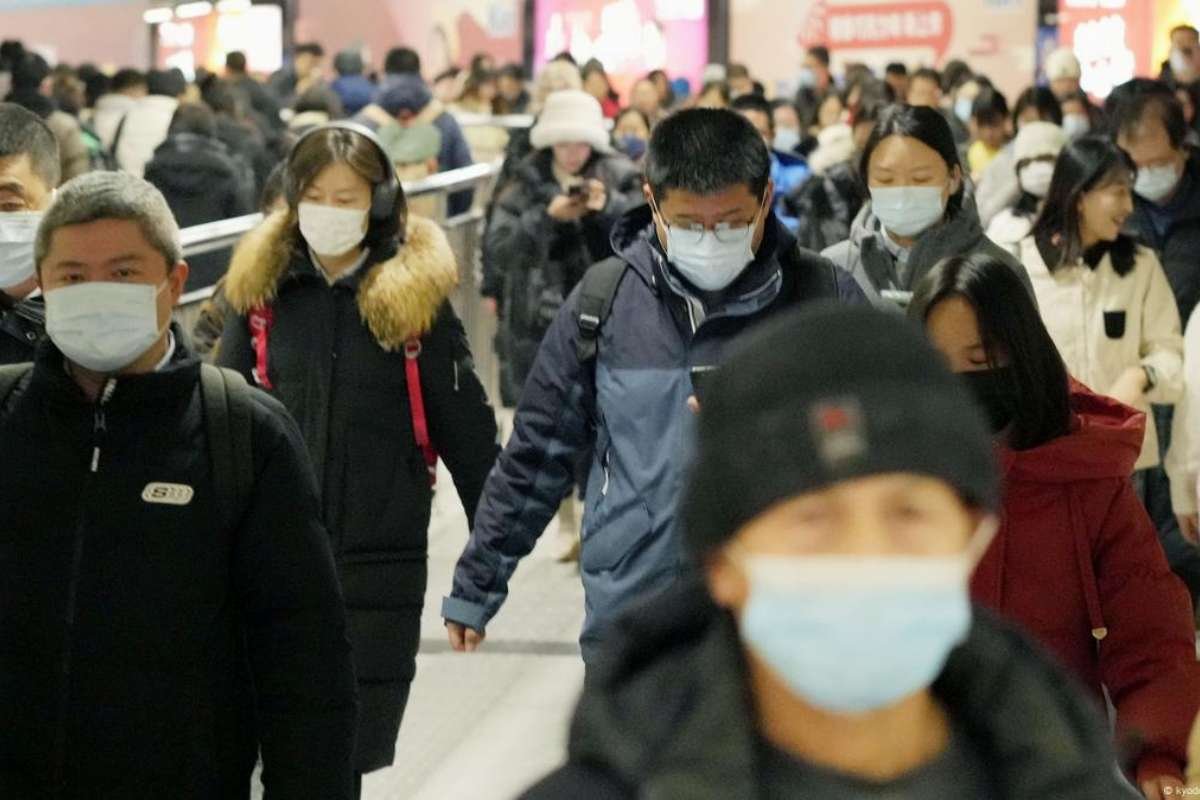Surge in HMPV Cases in China and the US
Authorities in China are closely monitoring an uptick in cases of human metapneumovirus (HMPV), as reported by Reuters. Despite the rapid increase, health officials maintain that the outbreak is within expected levels and does not pose a significant risk of escalating into a global pandemic akin to COVID-19. A World Health Organization (WHO) spokesperson noted that the overall scale and intensity of respiratory infections in China this year are lower compared to the previous year, as per ABC News.
In the United States, data from the Centers for Disease Control and Prevention (CDC) indicates a rise in HMPV cases since November. By December 28, approximately 1.94% of weekly tests returned positive for the virus. The CDC assured USA TODAY that it is keeping a close watch on the situation in China and maintaining regular contact with international partners. The agency emphasized that the current reports do not warrant immediate concern in the U.S.
Understanding Human Metapneumovirus (HMPV)
Human metapneumovirus (HMPV) is a respiratory virus that can cause both upper and lower respiratory infections. According to the CDC, the virus is part of the pneumoviridae family, alongside the respiratory syncytial virus (RSV). Discovered in 2001, HMPV spreads through person-to-person contact or contaminated surfaces. Symptoms typically include cough, nasal congestion, fever, and shortness of breath, resembling common seasonal colds. However, the virus can escalate to more severe conditions like bronchitis or pneumonia.
The incubation period for HMPV ranges from three to six days. High-risk groups include young children and older adults, particularly those aged 65 and above. Similar to the flu, HMPV is a seasonal virus, with its activity peaking in winter and persisting through spring.
Prevention and Management of HMPV
Currently, there is no specific treatment or vaccine available for HMPV. The CDC advises supportive medical care to manage symptoms, which may include oxygen therapy for patients experiencing severe breathing difficulties, as noted by the Cleveland Clinic.
Preventive measures are crucial in controlling the spread of HMPV. The CDC recommends several steps to reduce the risk of infection: frequent handwashing with soap and water for at least 20 seconds, avoiding touching the face with unwashed hands, and steering clear of close contact with sick individuals. By adhering to these guidelines, individuals can significantly lower their chances of contracting or spreading HMPV.







